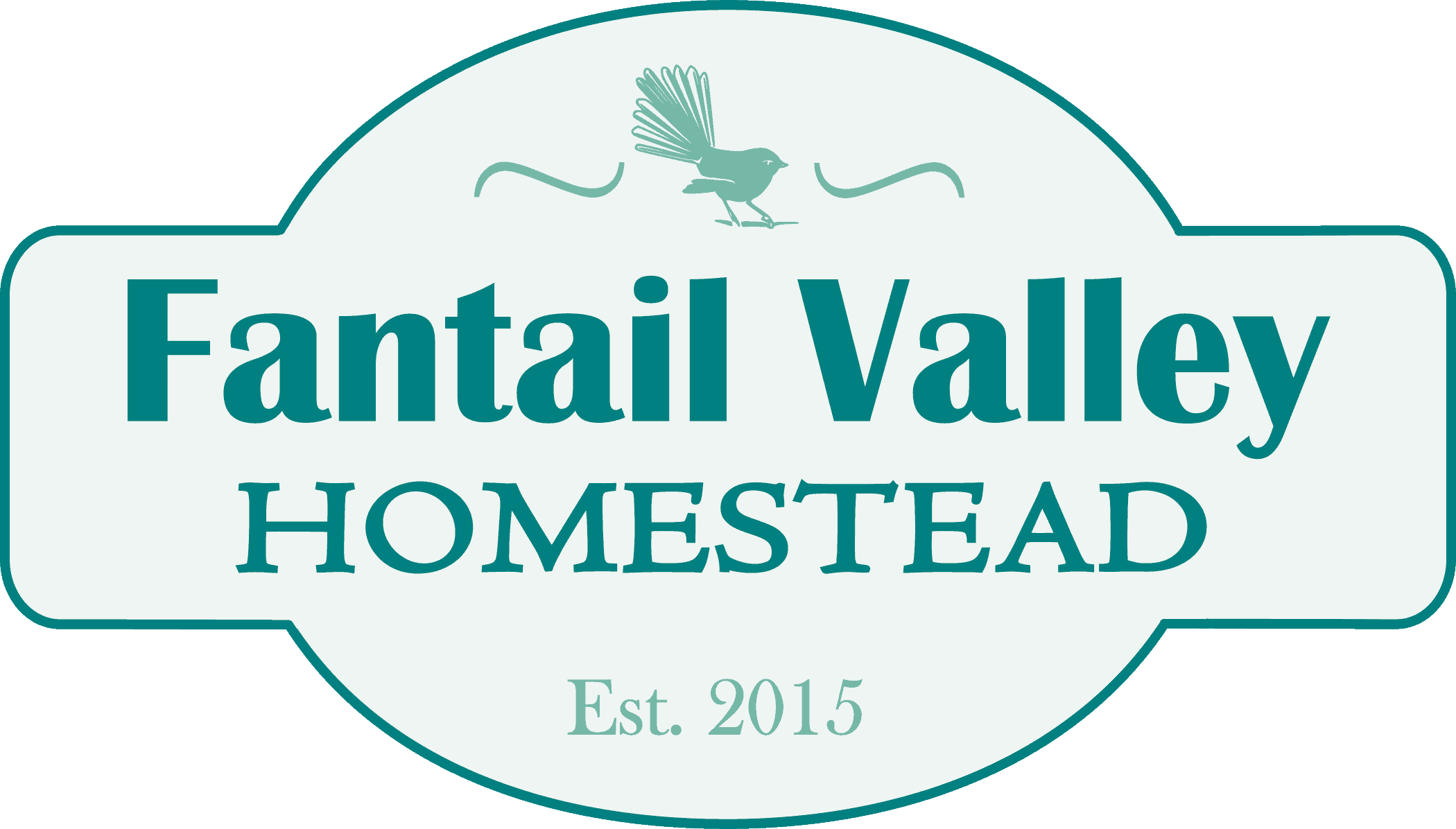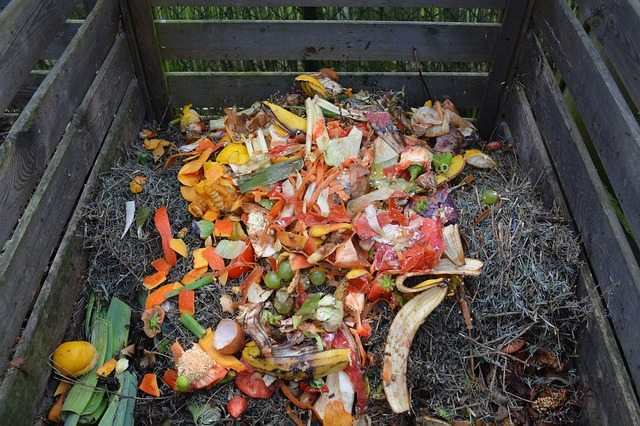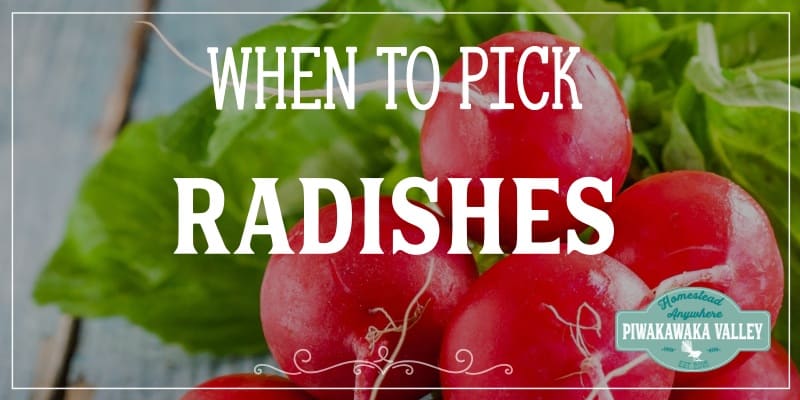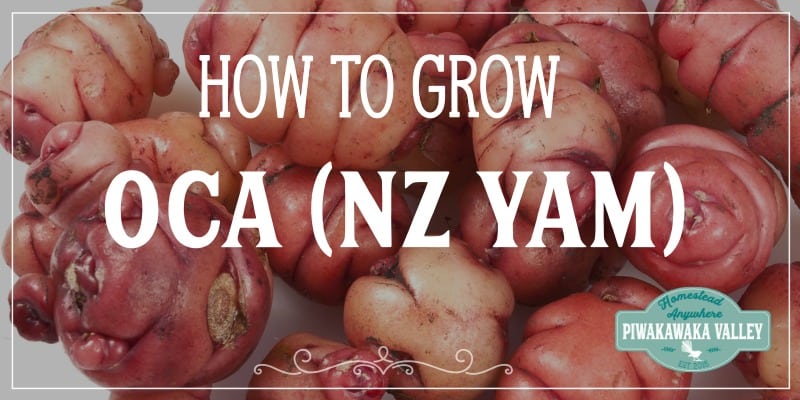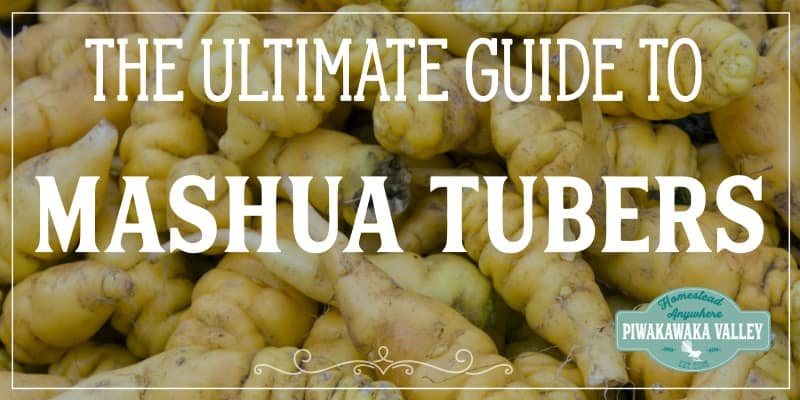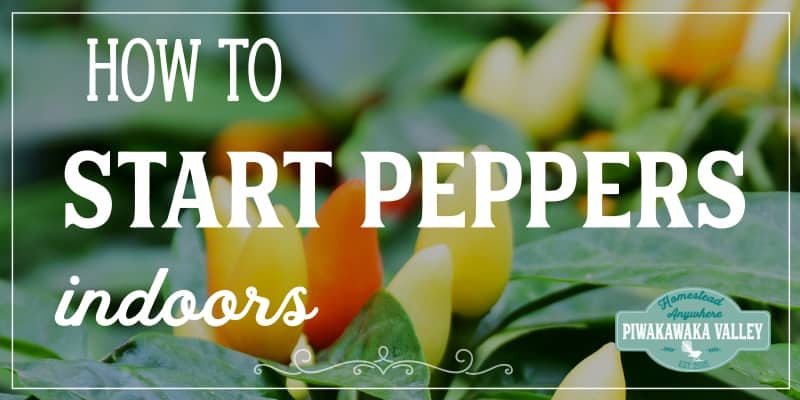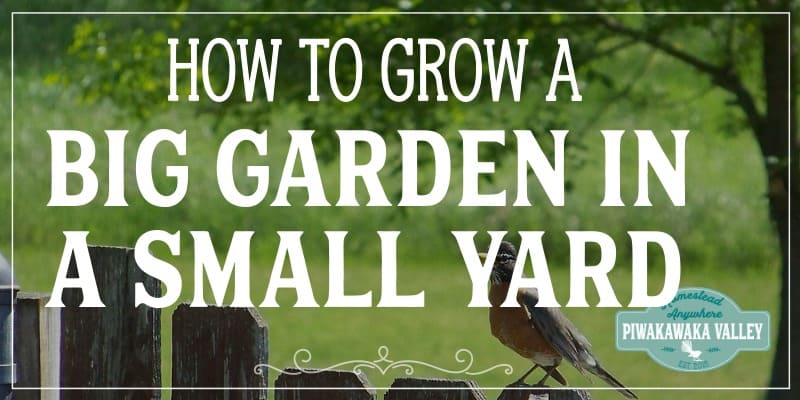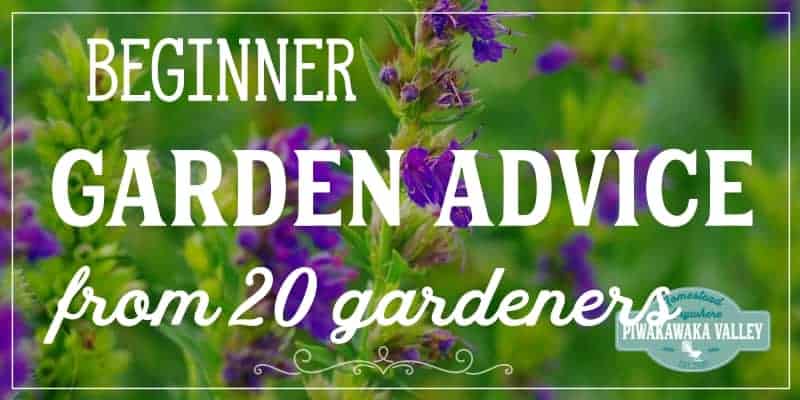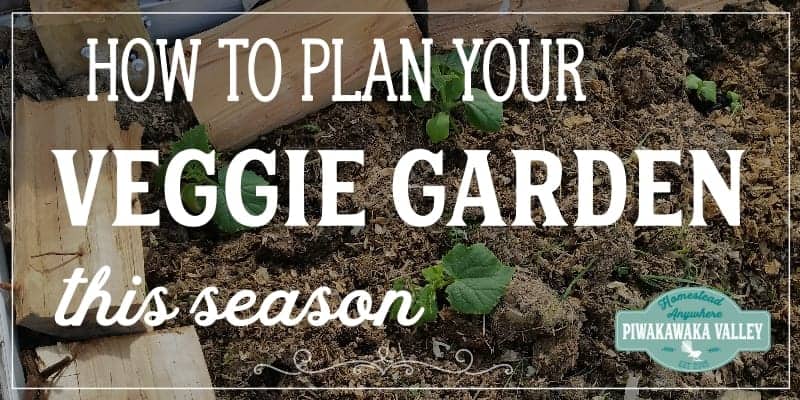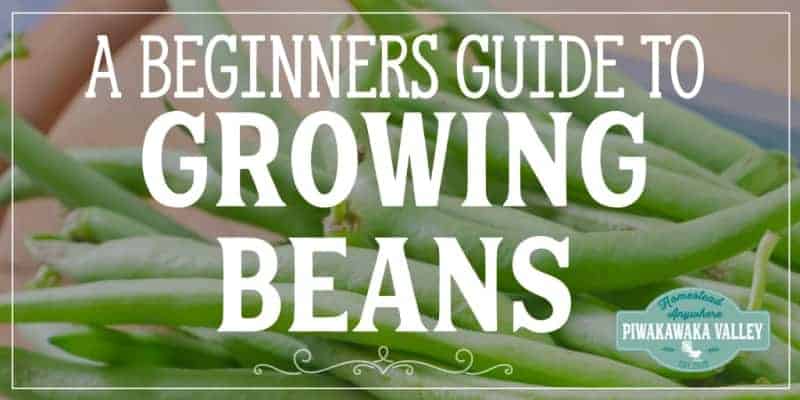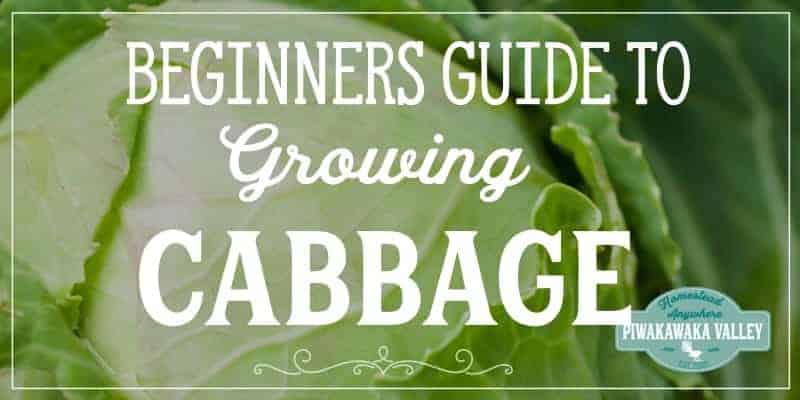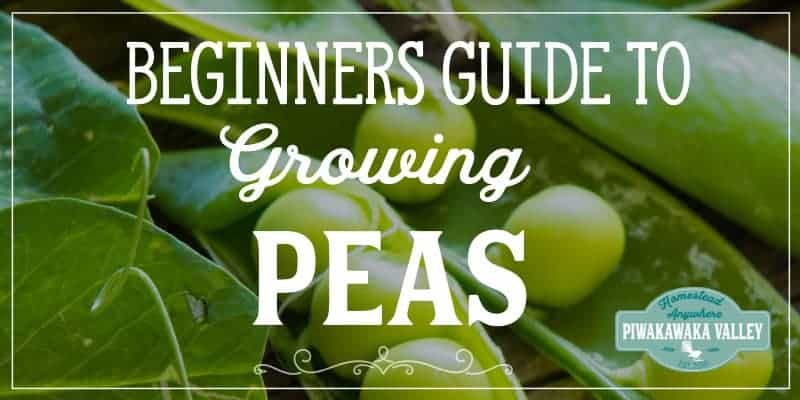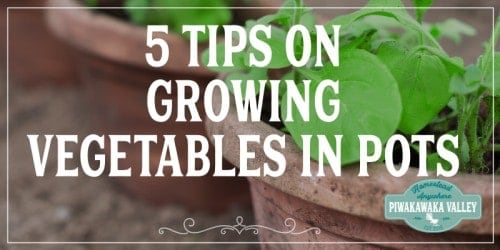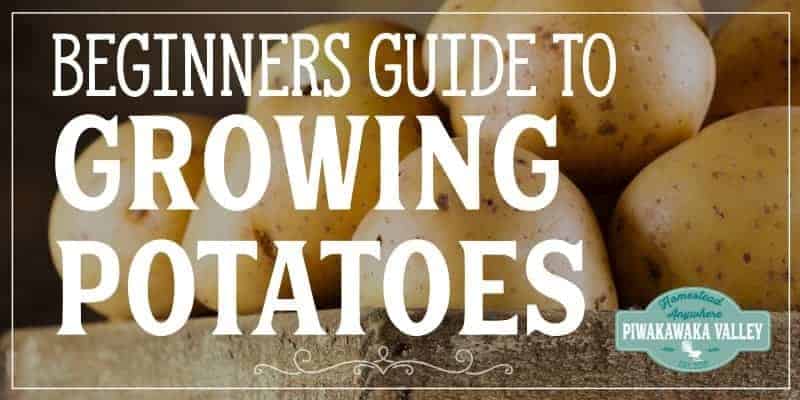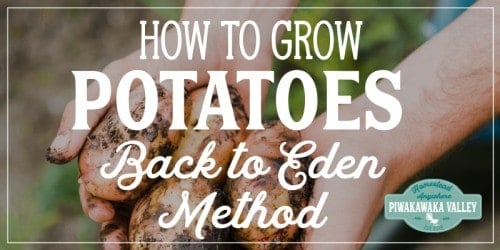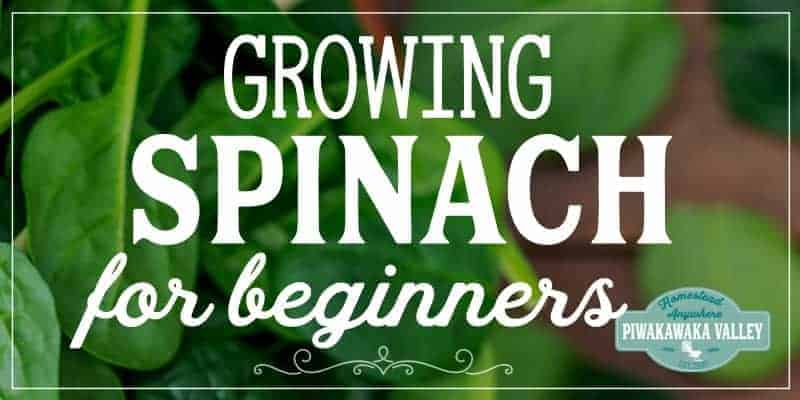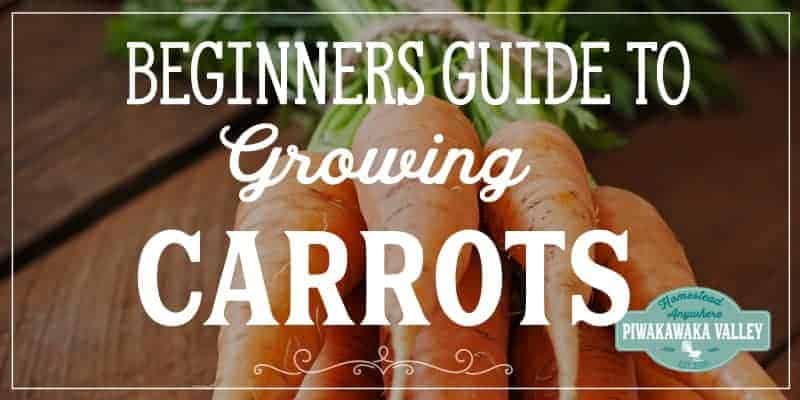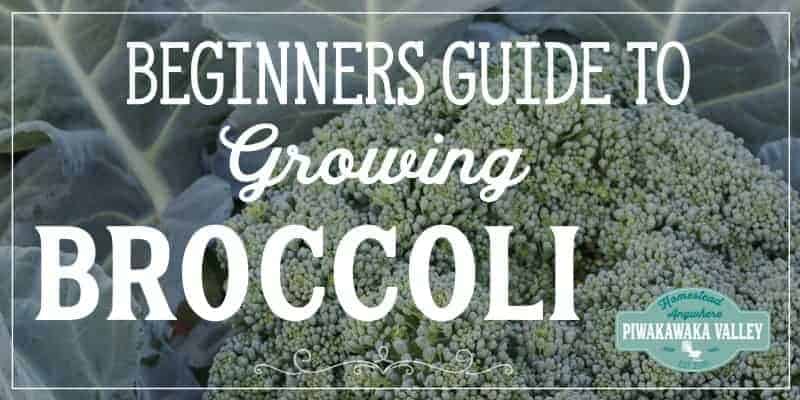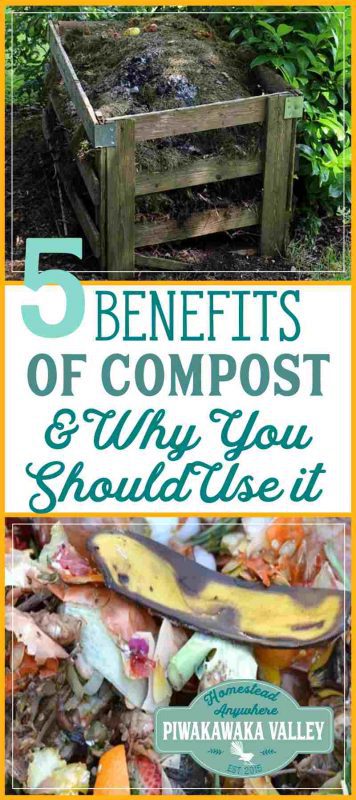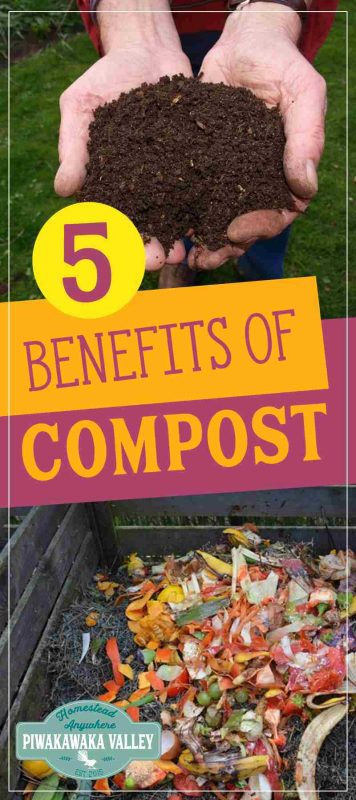This post was most recently updated on January 26th, 2021
Compost is the magical combination of fibrous carbon waste and green nitrogen waste that breaks down quickly to make the most fantastic addition to soil. There are many benefits to compost, and I encourage everyone with a garden to make room for a compost pile. I can also help if you want to know more about starting one at your place.
Please read: This information is provided for educational purposes only and is not intended to treat, diagnose or prevent any disease. We encourage you to make your own health care decisions in partnership with a qualified health care professional.
This post contains affiliate links, this means at no extra cost to you, we make a commission from sales. Please read our Disclosure Statement
Benefits to Using Compost
Enriches soil
Compost adds nutrients to your soil from the broken down organic matter that it contains. It contains a variety of the basic nutrients that plants require for healthy growth and makes a wonderful addition to any soil.
Helps to Balance Moisture Levels
In loose, sandy soil compost helps to bind these particles together and in doing so it increases the soil’s ability to retain moisture and nutrients.
Conversely, in wet, heavy soil compost breaks up the thick clay matrix, allowing water to drain more freely.
Suppresses Plant Diseases and Pests
Healthy plants are more resistant to disease and pest attacks. Compost encourages strong growth in plants due to both its moisture balancing and nutrient giving properties.
Compost used as a mulch also provides a safe haven for beneficial insects, including those that prey on pests.
While diseased plant matter is best left out of the compost pile, a hot compost pile will destroy most disease spores.
Encourages the Growth of Beneficial Bacteria and Fungi
We are slowly learning more and more about the amazing world of beneficial bacteria and fungi and their role in overall plant and ecology health.
Bacteria and fungi further break down the nutrients, making them much easier to absorb for the plants. They also aid in the transport of both the nutrients, water and starch/sugars to the plants (1).
Gardens with high bacteria and fungi counts generally will grow healthier, happier plants.
Reduces your Impact on the Environment
If we are not composting our green waste, chances are it is ending up in landfills. In a land fill this waste is buried deep in a pile of rubbish where it decomposes anaerobically – this will produce methane gas, which is a pollutant.
So not only does having our own compost pile benefit our gardens, it is saving the planet on bucket of food scraps at a time. You should start a compost pile at your place today!
Do you have a compost pile at your place? If not, why not? Tell me about it in the comments below!
Are you interested in knowing more about gardening? Find out how I maintain a very productive garden in under 2 hours per week.
Please Pin and Share with your Friends
If you would like help getting the most out of your garden, I would love to help you, find out more here
RELATED: Free Gardening Resources
If you like tips on frugal living, self sufficiency and consuming less, sign up to our newsletter below, I would LOVE to have you
For further reading, I also recommend all of these books. I own every one of them and they are amazing resources!
